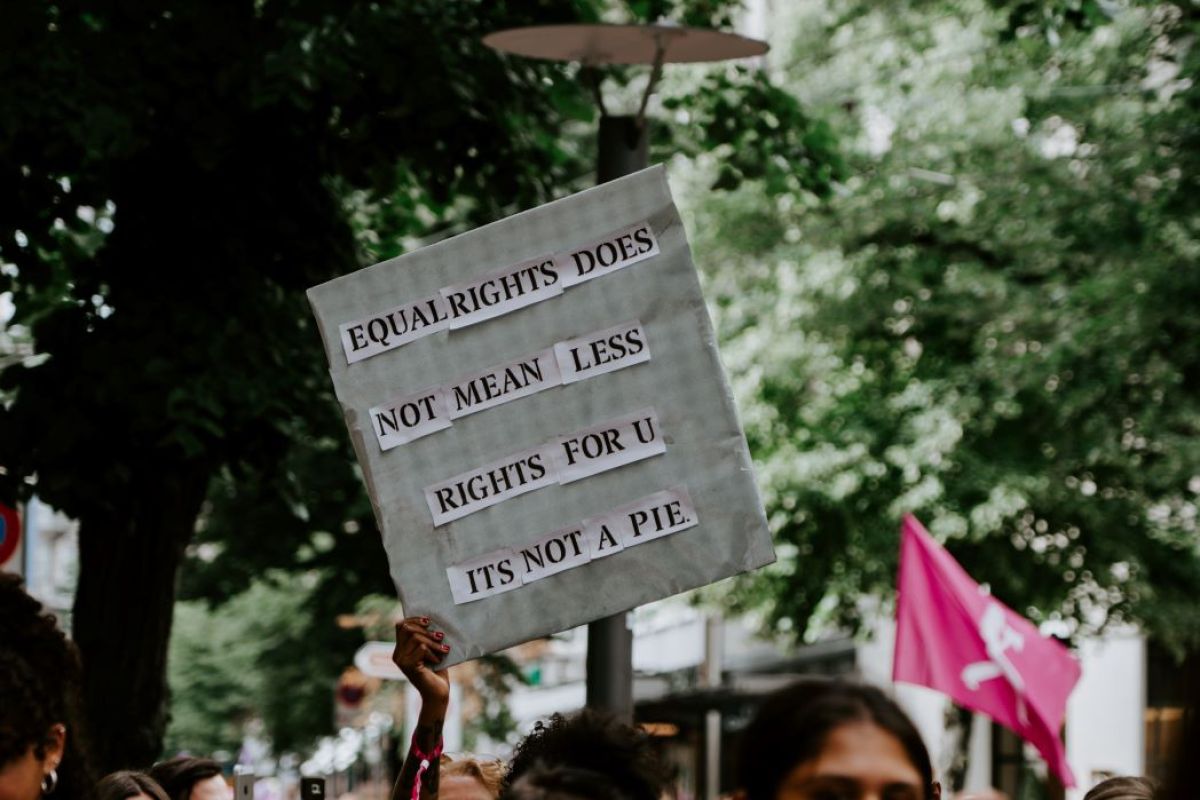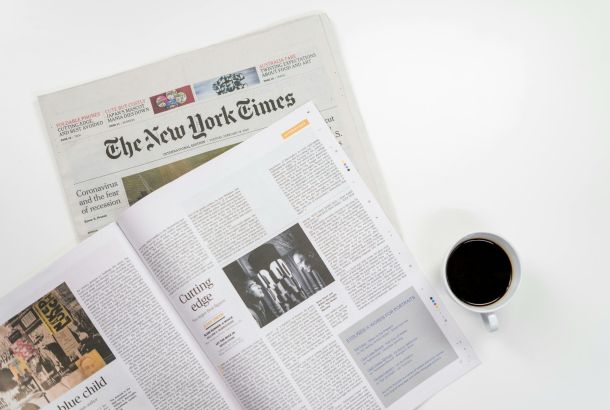Being a man should not make you worth more

Achieving equal pay for equal work is only solving part of the problem, but we need more women to be hired into higher paying jobs to reduce the gender pay gap as well.
Often equal pay and the gender pay gap are used interchangeably, but there is a fundamental difference which needs to be recognised. Equal pay means that for the same job any employee will receive the same pay, whilst the gender pay gap calculates the difference between the average or the median (middle) earnings of men and women. The gender pay gap is able to highlight the difference between employment of men and women, and shows more men are in higher paid jobs causing their average earnings to be significantly higher. It’s about time we consider why women are not getting these higher income jobs and implement the necessary changes to ensure this gap narrows and becomes non-existent.
One small change made in 2017 is that organisations with more than 250 employees need to publish their pay gap statistics, which will hopefully put pressure on companies to improve. In the University of Manchester’s 2018-19 report it showed that the average hourly wage gap is 18.4%, meaning that for every £1000 earned by a man, women will, on average, earn £816. And, shockingly, almost twice as many men get bonuses, which are 74.7% higher than those earned by women. Having a penis does not make you worth that much more.
One reason behind this pay gap is that 62% of the top quarter of jobs at the university are dominated by men, whilst women are in the majority in the lowest salary bracket. This trend is a common theme amongst many employers, and should make us consider: at what point are women getting prevented or deterred from achieving these positions? And why aren’t more men getting hired for jobs in a lower pay bracket?
Genitalia does play its part in exacerbating the gender pay gap especially as current policies and facilities surrounding support with childcare, and maternity leave are inadequate; women will have to take time off work for the physical recovery they deserve and need. Sometimes I wonder if employers assume women of a certain age will inevitably have children, preventing them from being a viable candidate for various positions, even as a result of an unconscious bias.
We are still socialised to believe that women should be responsible for the housework and childcare. Iceland challenged societal norms by introducing nine months parental leave to be shared between parents, but with an enforced three months for mothers and three months for fathers. This impacts men’s careers as well, which will hopefully mean women will be on more even footing and will encourage fathers to get more involved with day-to-day childcare. A study showed that this improved dad’s confidence when looking after their children because taking leave meant they were forced to spend time with their newborn child, which is an important and undervalued benefit of shared parental leave.
This is only part of the problem and only effects those with children, but it does prevent women from considering or being considered for these higher paid jobs. Troy Vettese writes for n+1 that most undergraduates in many countries are women, meaning gender imbalance is becoming a less significant factor throughout education and suggests we finish our education with the same qualifications. Instead, we need to look to employment and workplaces to understand the barriers that halt women’s career progress. Having better representation of women in these decision-making positions will mean they are able to influence how companies work, and make them a better environment for women to work in. Dame Helena Morrissey told the BBC: “Personally I feel it is very hard to engineer the closing of the gap, because even if you attract women in, if they are not happy in the industry they will leave.”
I highly recommend looking through https://gender-pay-gap.service.gov.uk/ as this provides a valuable insight into the basic statistics of the pay gap provided by employers, some of which are quite shocking. It’s time we smash this glass ceiling once and for all, we’ve been waiting long enough.







